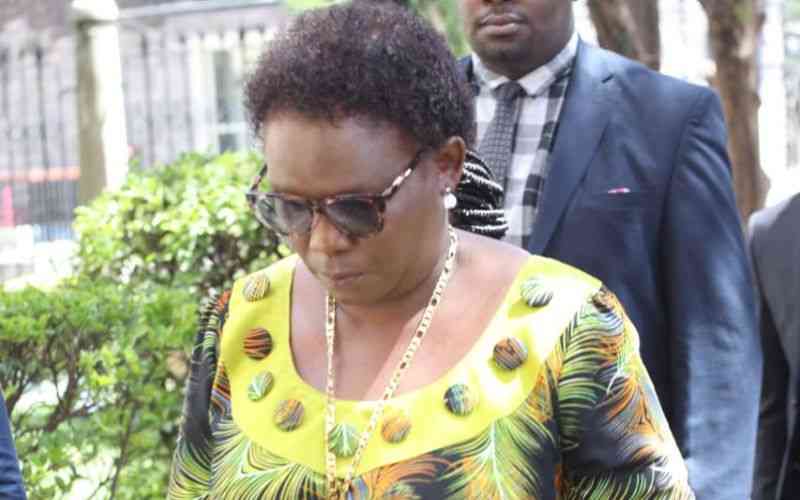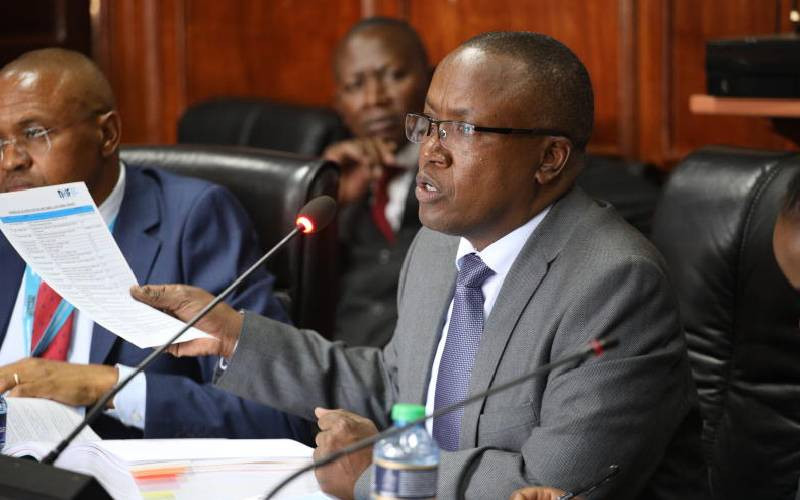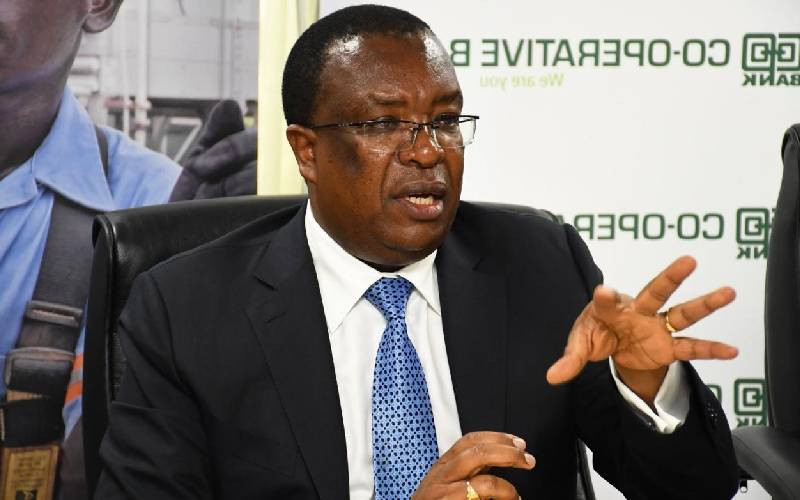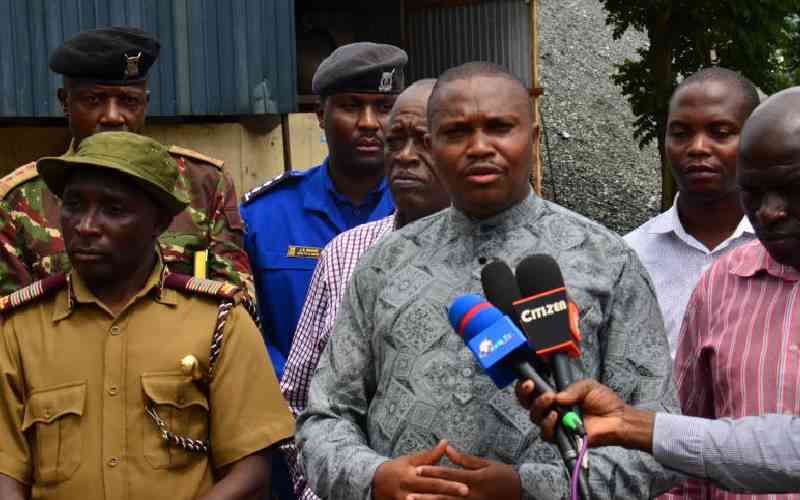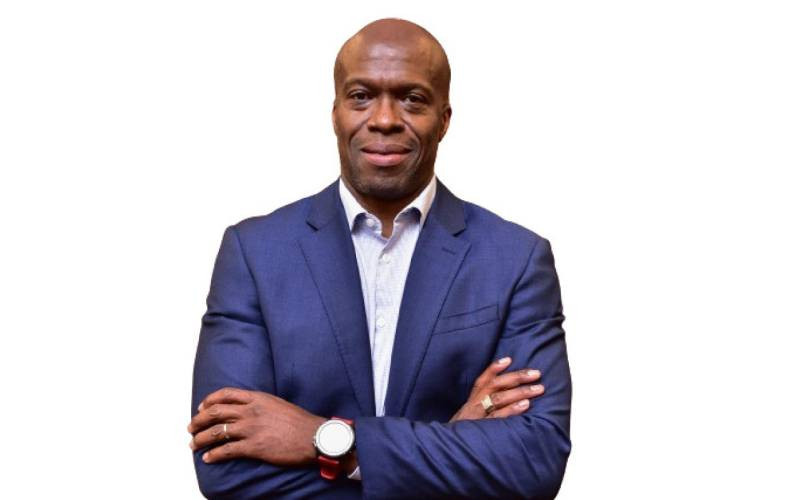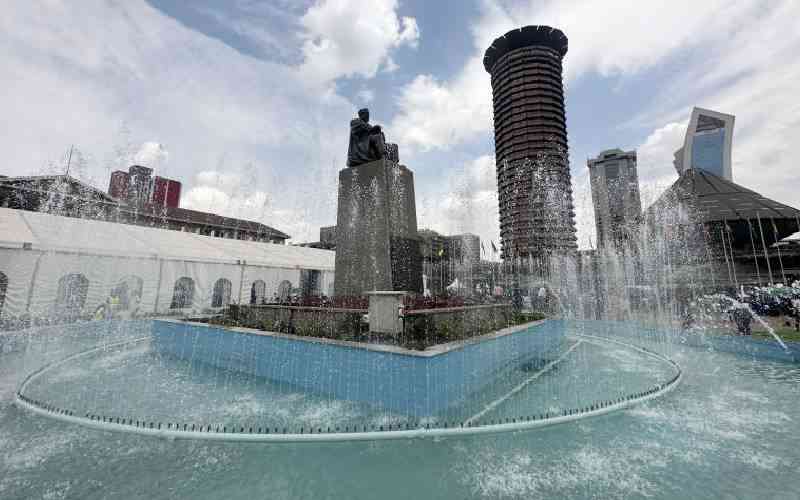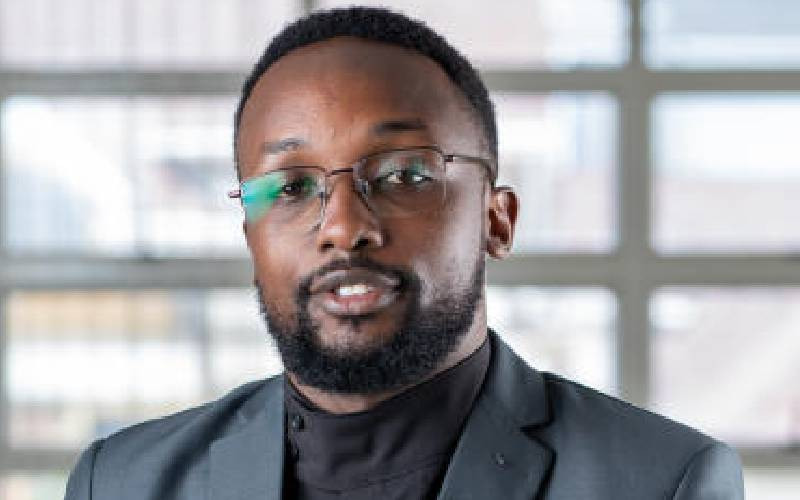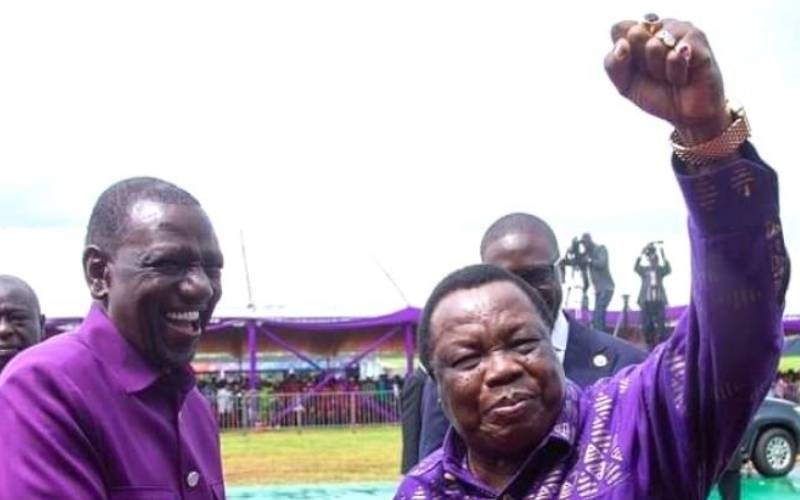When a hitman’s gun went silent on February 24, 1965, independent Kenya recorded the first political assassination.
Pio Gama Pinto, a fire-spitting trade unionist and freedom fighter was killed inside his car. His murder was ostensibly planned. When he was buried at City Park Cemetery in Nairobi, his bereaved family was forgotten by the state.
His close friend and Minister for External Affairs Joseph Murumbi who later served as the second vice-president for eight months in 1966 organised a secret fundraiser that saved Pinto’s young family.
Barely two weeks after the assassination, Murumbi joined hands with Broadcasting Minister Achieng Oneko, legislators J. D Kali and Fitz De Souza to set a secret kitty.
Confidential correspondences, now declassified at the Kenya National Archives, reveal how two leftist governments and notable foreigners contributed without Mzee Jomo Kenyatta’s government getting wind of it.
It was covertly successful because later Kenyatta appointed Murumbi as his vice-president a year but he resigned shortly after citing health concerns.
Back in 1965 diplomatic protocols were bent as Murumbi sent and received dozens of secret correspondences and donations with other heads of state and senior leaders.
In letters from March 1-4, 1965, Murumbi appealed to Tanzania’s President Mwalimu Julius Nyerere, Uganda Prime Minister Milton Obote and Zambian President Kenneth Kaunda to donate to the kitty.
Others he approached were China’s ambassador to Kenya Wang Yu-tien and diplomats from Ethiopia, Hungarian People’s Republic, Yugoslavia, Union of Soviet Socialist Republic, Pakistan and Japan.
In the appeal correspondence, he described how the young politician’s life was terminated at the age of 37 leaving behind a window, three children and a mother-in-law all of whom he took care of.
At that time, Emma was working at the Embassy of Liberia, Nairobi offices and according to Murumbi, her salary was not enough to take care of the family and especially the costs of the education of the children.
“We have therefore decided to form a trust to raise money specifically for the purposes of relieving Mrs. Pinto the burden of educating the children…I would be very grateful if your government could make a contribution of £2, 000 (about Ksh364, 386 in today’s exchange rate) towards this fund”, the letter read in part.
He wrote secretly to Nyerere, “I am afraid people like Pio are never rich and never think of putting money aside for their families. Pio gave everything he had to the poor and to his comrades detained with him during the emergency. He asked for nothing for himself. I am afraid there will be nothing left to help his family, above all to educate his children”.
A month later China responded to Murumbi’s appeal. “Your letter of March 4, 1965 has been duly received. Regarding the desire which you expressed in your letter that the Chinese government would make a contribution of £2,000 towards the fund. I have conveyed it to the department concerned in China. Now I take pleasure to inform your Excellency that in order to show the deep concern of the Chinese people towards the children Mr. G. M. Pinto leaves, the Sino-African People’s Friendship Association has decided to fully satisfy your above desire”.
During this time, a diplomatic row sparked by ideological differences was festering between Kenya and China.
The Kenyatta government leaned to the West while the leftists like Pinto were pro-China. The row spiralled in 1967 when the two countries repatriated each other’s envoy.
President Nyerere responded two weeks later but he was hesitant to contribute behind the backs of the Kenya government. Nyerere’s contribution was however later delivered as suggested by Murumbi.
When Emma Pinto relocated to Canada in early 1967, the fund was transferred to three new trustees; Father Malone, Dr. Savage and the college bursar Mr. F. St. Amour.
Emma died in Canada in October 2020 aged 92.
 The Standard Group Plc is a multi-media organization with investments in media
platforms spanning newspaper print operations, television, radio broadcasting,
digital and online services. The Standard Group is recognized as a leading
multi-media house in Kenya with a key influence in matters of national and
international interest.
The Standard Group Plc is a multi-media organization with investments in media
platforms spanning newspaper print operations, television, radio broadcasting,
digital and online services. The Standard Group is recognized as a leading
multi-media house in Kenya with a key influence in matters of national and
international interest.
 The Standard Group Plc is a multi-media organization with investments in media
platforms spanning newspaper print operations, television, radio broadcasting,
digital and online services. The Standard Group is recognized as a leading
multi-media house in Kenya with a key influence in matters of national and
international interest.
The Standard Group Plc is a multi-media organization with investments in media
platforms spanning newspaper print operations, television, radio broadcasting,
digital and online services. The Standard Group is recognized as a leading
multi-media house in Kenya with a key influence in matters of national and
international interest.

